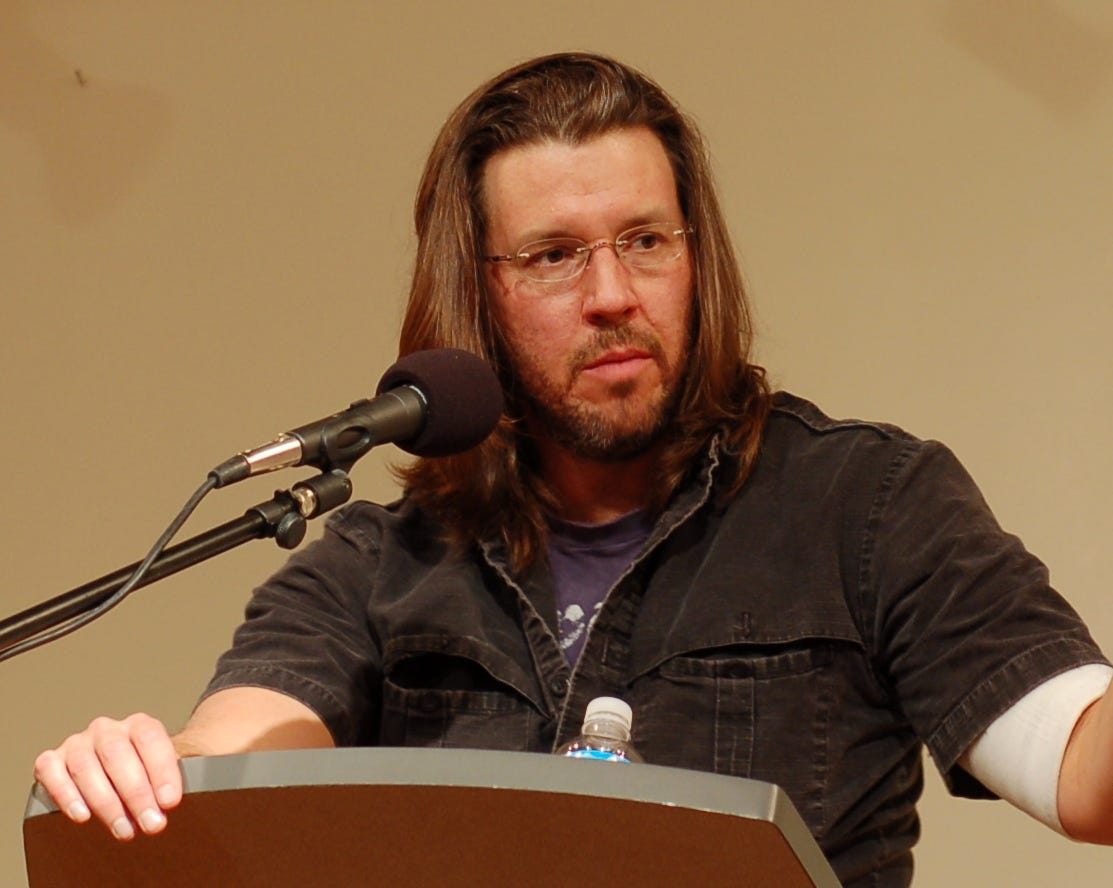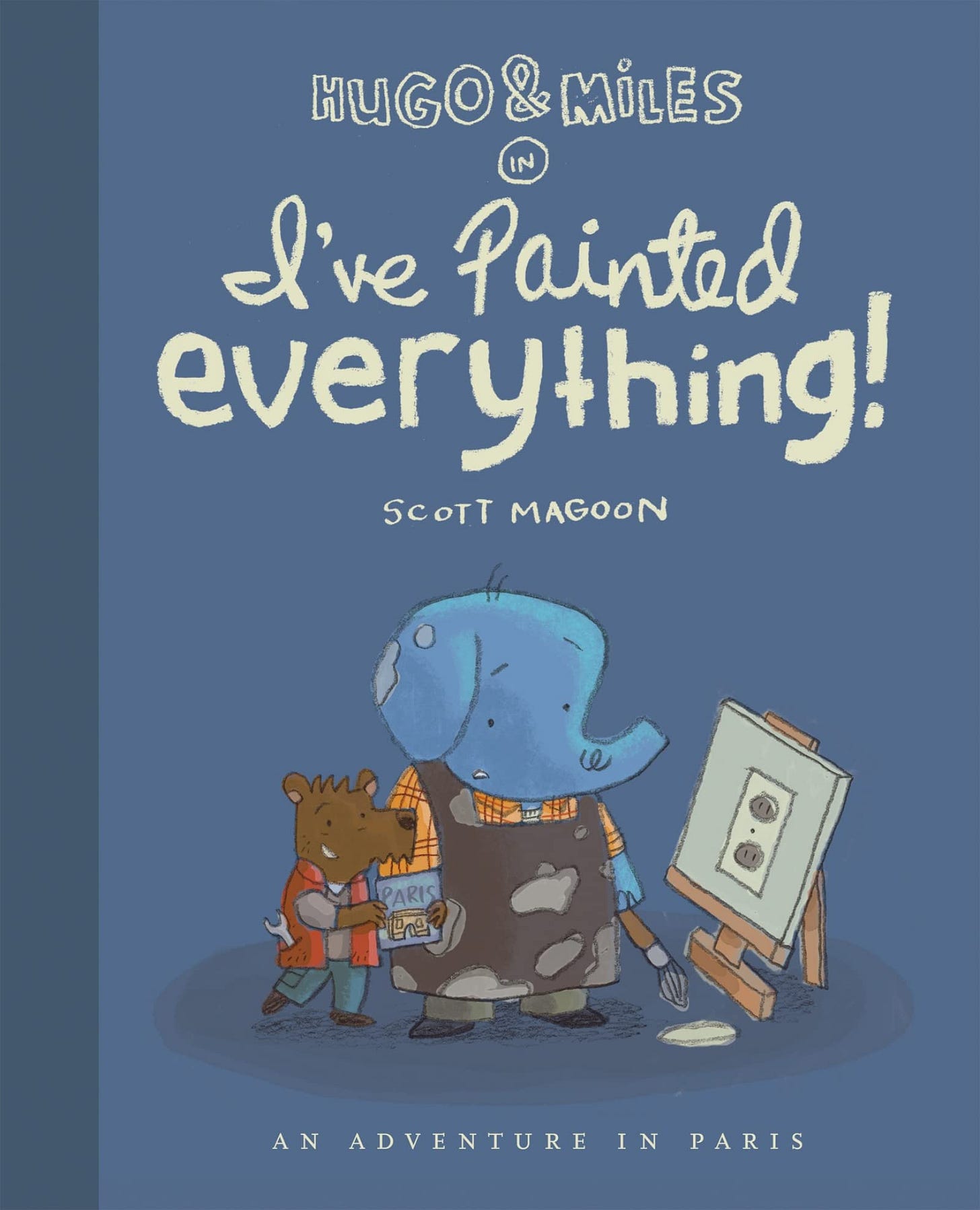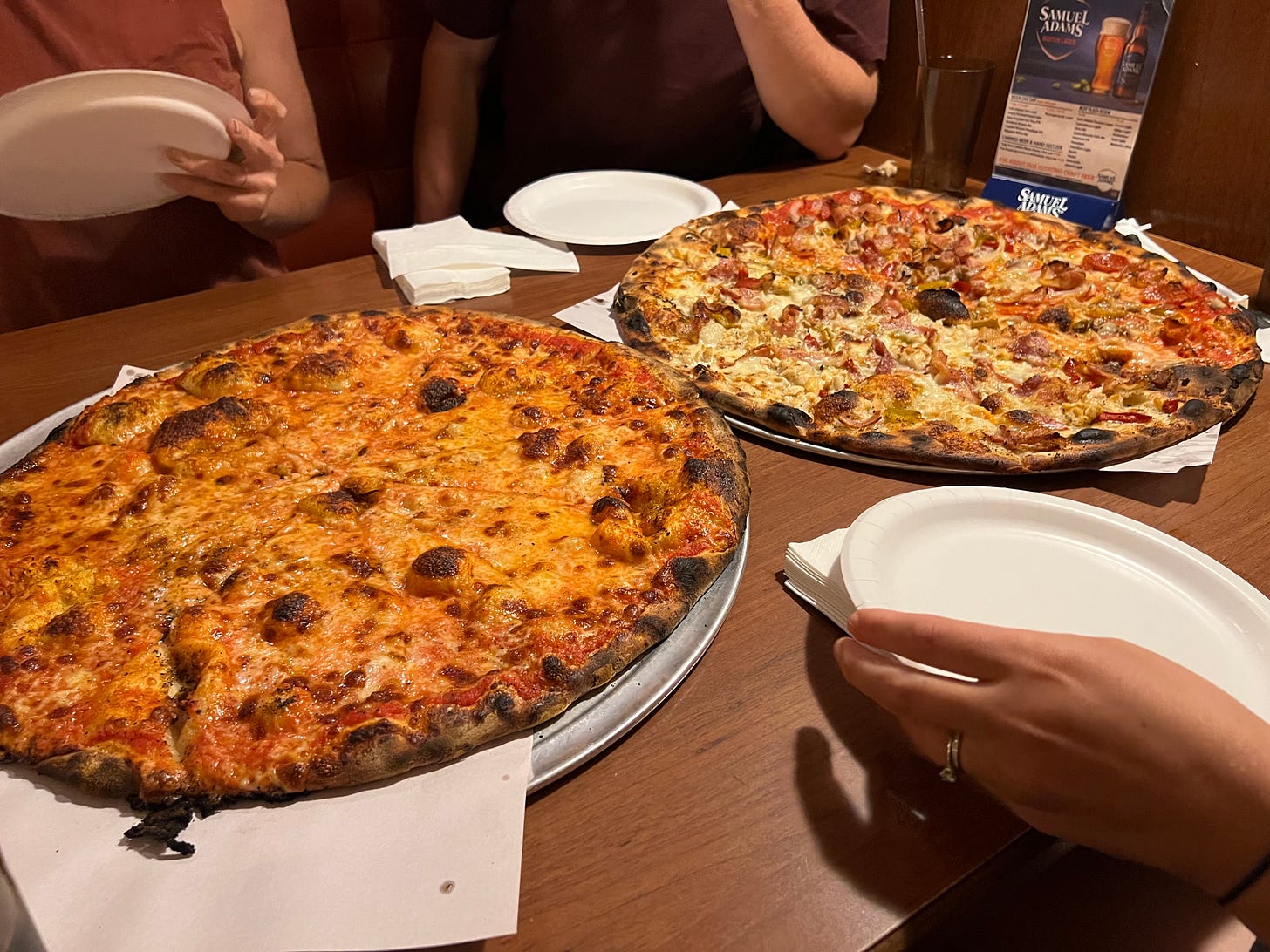What We Can Learn from David Foster Wallace about Empathy and Thinking Well
Learning not only how to think but how to choose what to think about

In what is arguably one of the most famous commencement speeches ever, David Foster Wallace, speaking to the graduates of Kenyon College in 2005, shared deep insights that all of us need to hear. Perhaps his most poignant takeaway: be aware and conscious of what you are attending to and use this ability to empathize with others.
If you haven’t listened to or read a transcript of the speech, you should add it to the queue for your next car ride. There are a lot of thought-provoking nuggets, but here are a few that really resonated with me.
1. Learn Epistemic Humility
The point here is that I think this is one part of what teaching me how to think is really supposed to mean. To be just a little less arrogant. To have just a little critical awareness about myself and my certainties. Because a huge percentage of the stuff that I tend to be automatically certain of is, it turns out, totally wrong and deluded. I have learned this the hard way, as I predict you graduates will, too.
One of the biggest lessons of my PhD was learning that at whatever rate I learned something new, my awareness of all the things that I didn’t know grew at least twice as fast. Not only that, but as you dig deeper into any topic, whether mathematics or philosophy, you will grow to realize that many things you used to believe were true are either completely wrong or at best only true under certain conditions.
I think what Wallace is getting at here is the concept of “Epistemic Humility.” In short, this is being aware of the fact that you don’t know the whole story. This mindset helps us to be more empathetic to those around us and more fearless in our own pursuit of knowledge since we don’t need to maintain an attitude of knowing it all – especially because deep down we know that we don’t.
2. Exercise Control Over Your Attention
Twenty years after my own graduation, I have come gradually to understand that the liberal arts cliché about teaching you how to think is actually shorthand for a much deeper, more serious idea: learning how to think really means learning how to exercise some control over how and what you think. It means being conscious and aware enough to choose what you pay attention to and to choose how you construct meaning from experience. Because if you cannot exercise this kind of choice in adult life, you will be totally hosed. … This, like many clichés, so lame and unexciting on the surface, actually expresses a great and terrible truth.
Here Wallace puts a new spin on the common phrase that college “teaches you how to think,” arguing instead that this actually means teaching us how to focus our thinking. This hits the nail on the head and is why it is so important to pay attention to our habits and practices. We need to make sure that we are consistently acting in ways that will help us to focus on what really matters and let the rest fall to the side.
3. We All Worship, the Only Choice Is What or Who
Because here’s something else that’s weird but true: in the day-to-day trenches of adult life, there is actually no such thing as atheism. There is no such thing as not worshipping. Everybody worships. The only choice we get is what to worship.
In the words of Bob Dylan, you Gotta Serve Somebody. Worship is simply the choice of what we are going to ascribe importance to.
This is a deep and profound truth. We all devote our life to something or someone and our calendars, bank accounts, and web browser histories are likely the best indications of what we are worshiping. Wallace is right when he says we don’t have a choice to worship or not, but that we can only choose what we will worship. Are we devoting our lives to something meaningful? Or just frittering our time away scrolling infinite feeds?
4. Put Yourself in Someone Else’s Shoes
Another central idea in Wallace’s speech is empathy. Near the end of the speech he tells the story of an everyday annoyance and how we often assume the worst of other people. Even if we don’t relate to this specific situation, I can imagine that many of us have experienced something similar.
For me, this is the why for the other points of the speech. This is where he lands the plane. This is what the ability to exercise control over our thoughts should be used for. To consider that maybe our initial read of other people is not actually true. And to think about how we might put ourselves in another human’s place and think the best of others instead of taking the worst possible interpretation of what we see.
A Last Thought
I’ll leave this as the last thought: we have a lot of freedom, but what is it for? Wallace makes his case, what’s yours?
The really important kind of freedom involves attention and awareness and discipline, and being able truly to care about other people and to sacrifice for them over and over in myriad petty, unsexy ways every day.
That is real freedom. That is being educated, and understanding how to think. The alternative is unconsciousness, the default setting, the rat race, the constant gnawing sense of having had, and lost, some infinite thing.
The Book Nook
Hugo & Miles in I’ve Painted Everything was a book that I first read with my two year old when we were in Maine a few weeks ago. It tells the story of an artistic elephant named Hugo who one day concludes that he has run out of things to draw. His friend Miles suggests that Hugo travel with him to Paris to get some new ideas, and after a trip to the top of the Eiffel Tower, he sees that even his local scenery has new ideas if only he changes his perspective.
While this book is out of print and a bit hard to find, take a look at your local library or eBay to pick up a copy to read with a little friend. And maybe you, like Hugo, can discover that maybe you just need a new perspective to free you from a creative rut.
The Professor Is In
Been enjoying some down time in my Harvey Mudd work lately but starting to get excited for the fall semester. Have some other exciting news to share in the near future, but can’t share publicly yet. Stay tuned!
Leisure Line
Stop #2 was at Modern Apizza in New Haven. Definitely not as good as Sally’s but still great pizza. We got a mozzarella and a half casino clam (clams with bacon and red pepper) and half Italian Bomb (bacon, sausage, pepperoni, mushroom, onion, pepper, and garlic).
Last on my New Haven hit list, but certainly not least, the granddaddy of them all Frank Pepe’s!
Still Life
Hard to beat hiking in the Adirondack Mountains! Here’s a shot of me and my Chacos from the top of Panther Mountain in Hamilton County, NY.




